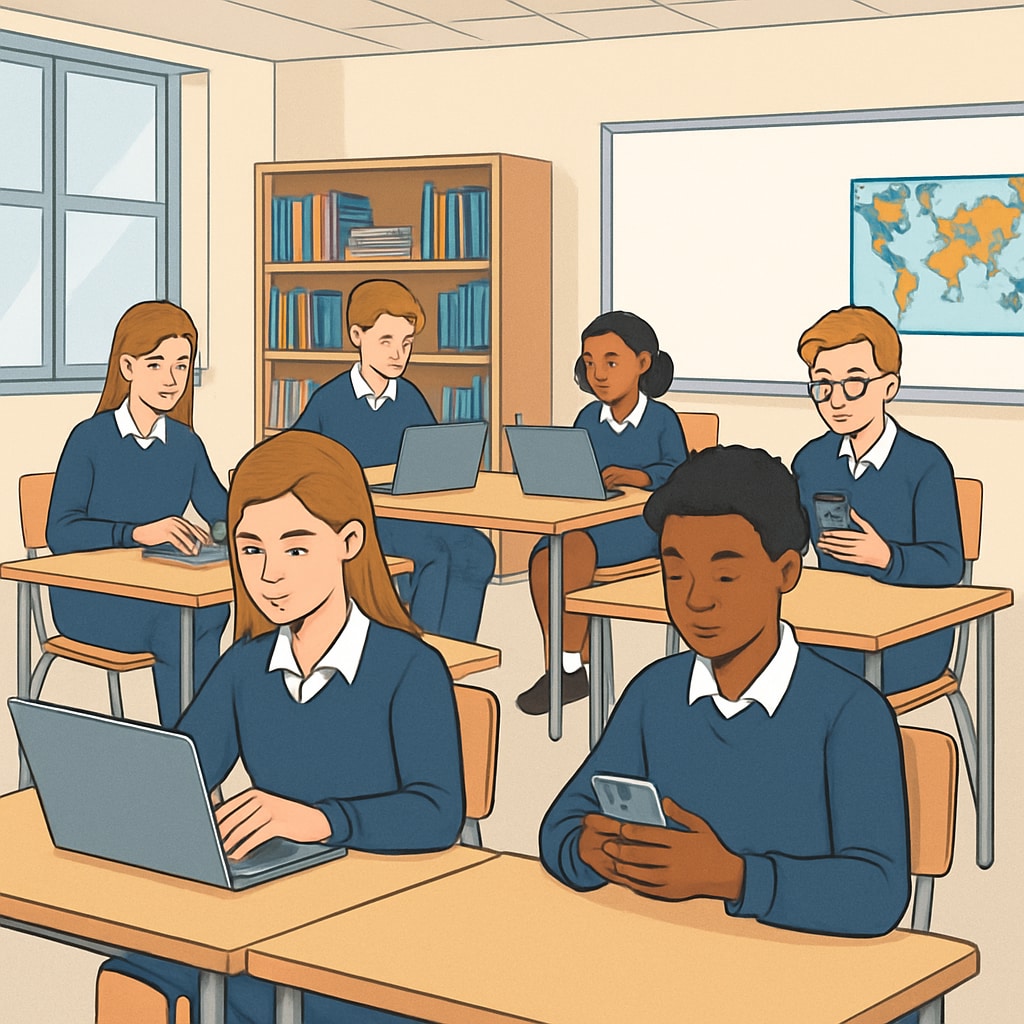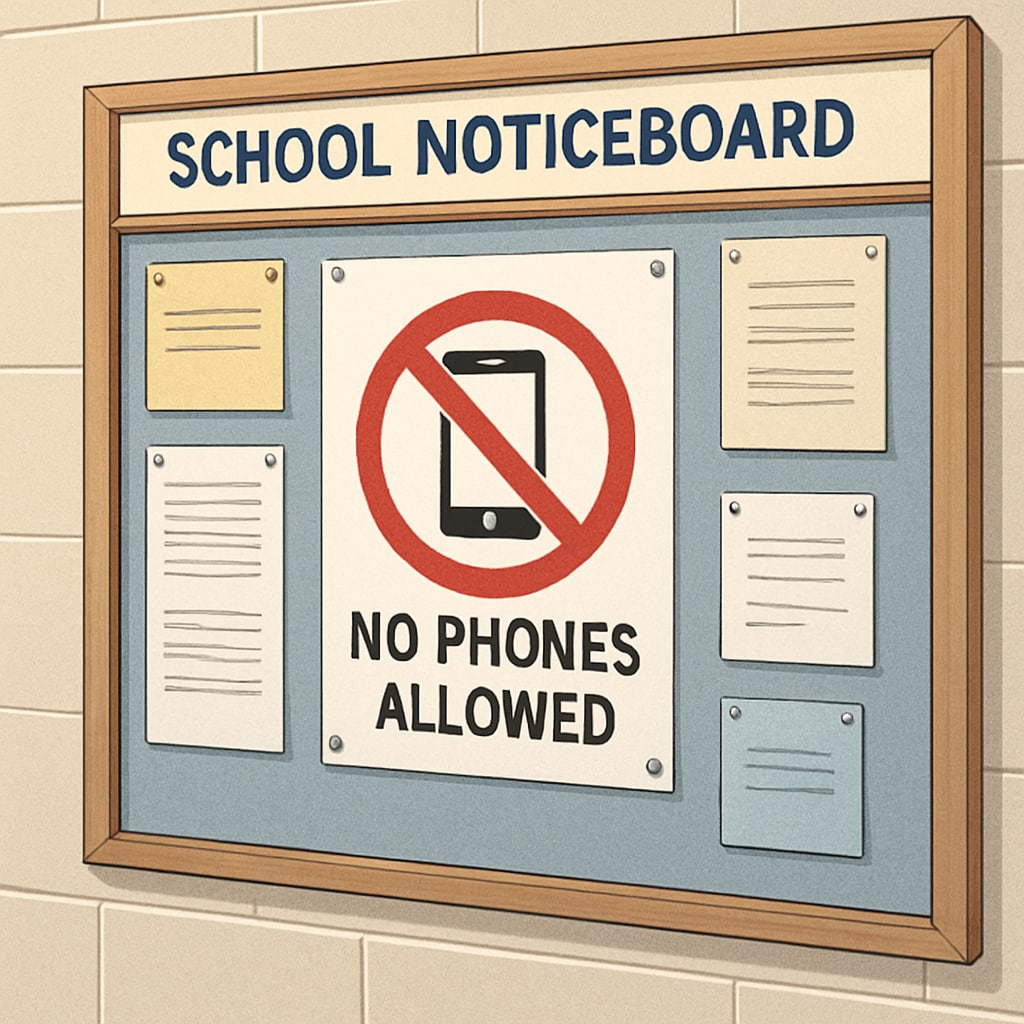The implementation of a mobile phone ban in public schools has prompted significant discussions about its implications for students’ learning environment and self-management skills. This policy, aimed at minimizing distractions, has sparked comparisons between public and private school approaches to managing technology. Understanding these differences offers valuable insights into the educational philosophies that shape such policies and highlights the importance of cultivating self-discipline and media literacy in students.
Different Approaches to Mobile Phone Policies
Public and private schools often differ in their strategies for managing mobile phones. Public schools frequently adopt strict bans, prohibiting phone use entirely during school hours. This approach is driven by concerns over distractions, cyberbullying, and the potential for reduced academic performance. Proponents argue that such bans create a focused learning environment, free from the interruptions of social media and messaging.
In contrast, private schools often adopt more flexible policies. Instead of outright bans, they may allow limited use during specific times, such as breaks or for educational purposes. Private institutions often emphasize teaching responsible technology use, integrating digital tools into their curricula to prepare students for modern challenges. This approach reflects a broader educational philosophy that values autonomy and real-world skills.

The Educational Philosophy Behind Mobile Phone Bans
The rationale behind mobile phone bans in public schools often stems from a desire to create equality and minimize distractions. By removing phones from the equation, schools aim to level the playing field, ensuring that all students focus on academics rather than social hierarchies reinforced by technology. Moreover, such policies reflect a belief in the importance of external structure to guide student behavior.
On the other hand, private schools may view mobile phones as tools for learning rather than obstacles. Encouraging responsible use aligns with a philosophy that prioritizes critical thinking and independence. By teaching students to manage their screen time, private institutions aim to foster skills that will benefit them beyond the classroom.

Balancing Discipline and Digital Literacy
While mobile phone bans aim to address immediate concerns, they also raise questions about long-term skill development. In a digital world, students need media literacy and self-regulation to navigate technology responsibly. Schools play a critical role in teaching these skills, whether through strict policies or integrative approaches.
To strike a balance, educators and policymakers could consider hybrid approaches. For example:
- Designating specific phone-free zones or times to promote focus.
- Incorporating digital literacy programs into the curriculum.
- Using technology to enhance learning, such as educational apps or research tools.
Such strategies could combine the benefits of structured environments with the advantages of technological integration, preparing students for both academic and professional success.
Conclusion
The debate over mobile phone bans in schools highlights broader questions about education in the digital age. Public schools often prioritize uniformity and structure, while private schools may emphasize autonomy and modern skills. Both approaches have merits, but they also underscore the need to prepare students for a world where technology is ubiquitous.
Ultimately, the goal should be to cultivate self-discipline, media literacy, and responsible technology use. Whether through bans or balanced integration, schools must equip students with the tools to thrive both academically and personally in an increasingly connected world.
Readability guidance: Short paragraphs, clear transitions, and lists enhance readability. Passive voice and long sentences are minimized, ensuring clarity and engagement throughout the article.


